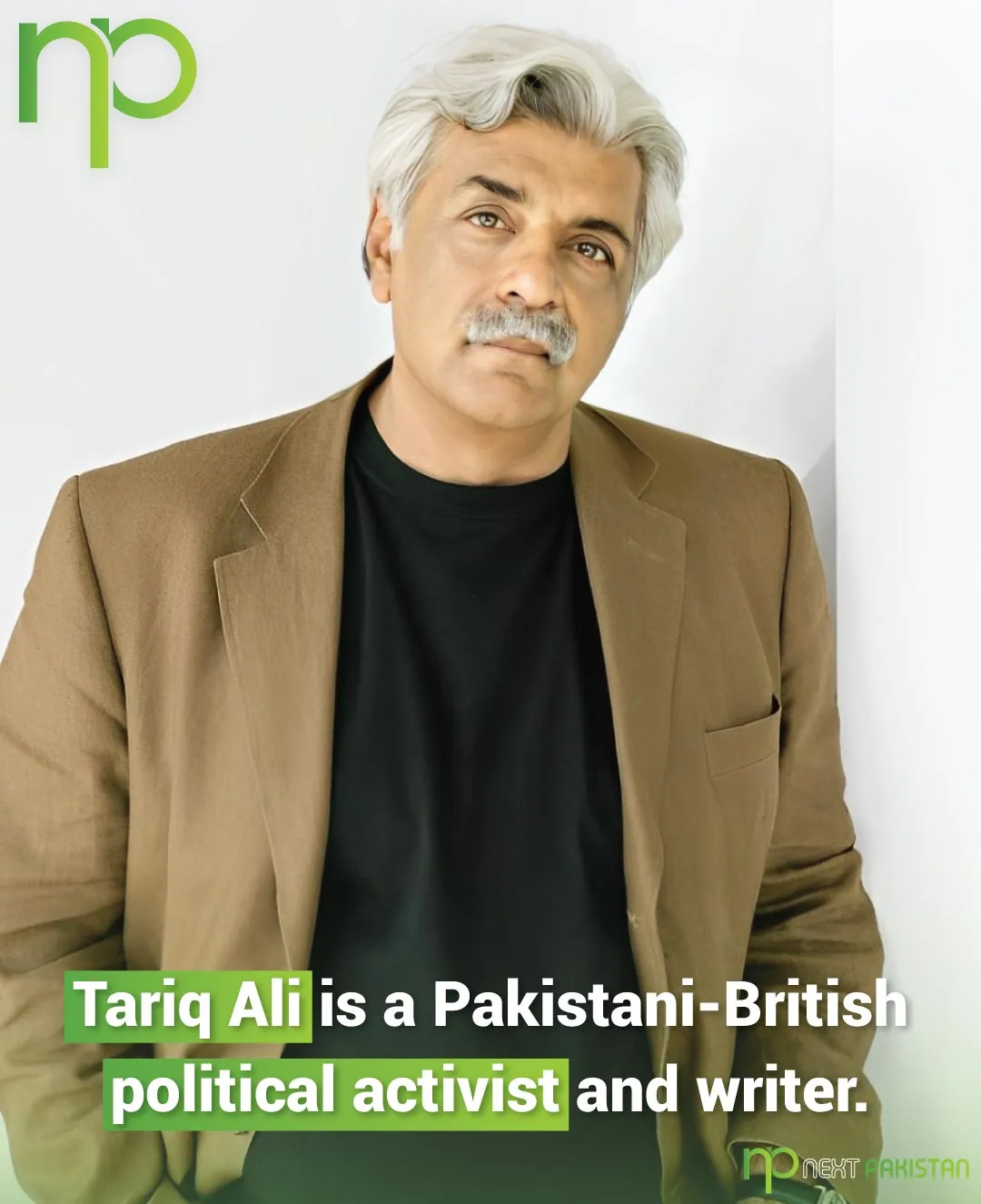
- April 5, 2024
- ubaidah khan
- 0
Early Life and Background
Tariq Ali was born in 1943 in Lahore, Pakistan, and his upbringing in a politically charged environment laid the foundation for his future activism and scholarship. Growing up amid the tumultuous backdrop of post-colonial South Asia, Ali developed a keen awareness of social injustice and political repression, shaping his worldview from an early age.
Education and Activism at Oxford University
Tariq Ali’s journey as a prominent intellectual and activist began at Oxford University, where he immersed himself in student politics. He quickly became a leading figure in the movement against the Vietnam War, showcasing his early commitment to challenging imperialist agendas and advocating for global justice.
Leading the Vietnam Solidarity Campaign
Upon graduating from Oxford, Ali assumed leadership of the Vietnam Solidarity Campaign, a pivotal organization in the anti-war movement. Through grassroots organizing and activism, he mobilized support for the Vietnamese people and galvanized opposition to U.S. military intervention in Southeast Asia.
Pioneering Independent Television Production
Ali’s entrepreneurial spirit led him to establish his own independent television production company, Bandung, in the 1980s. Through Bandung, he produced thought-provoking programs for Channel 4 in the UK, using the medium of television to amplify marginalized voices and challenge dominant narratives.
Influential Contributions to Media and Journalism
As a regular broadcaster on BBC Radio and a prolific writer, Tariq Ali has made significant contributions to media and journalism. His articles and essays, published in renowned publications such as The Guardian and the London Review of Books, offer penetrating insights into contemporary politics, culture, and society.
Editorial Leadership and Literary Accomplishments
Ali’s editorial roles at London publishers Verso and the New Left Review demonstrate his enduring commitment to nurturing critical thought and intellectual discourse. Meanwhile, his literary oeuvre encompasses both fiction and non-fiction works, showcasing his versatility as a writer and storyteller.
The Islam Quintet and Other Literary Endeavors
Among his notable literary achievements are ‘The Islam Quintet,’ a series of historical novels that explore the rich tapestry of Islamic history and culture. Additionally, Ali’s non-fiction works delve into a wide range of topics, from the social upheavals of the 1960s to contemporary geopolitics and resistance movements.
Continued Relevance and Critical Insight
Tariq Ali’s latest book, “The Obama Syndrome,” underscores his ongoing engagement with pressing global issues and his unwavering commitment to speaking truth to power. As a critical thinker and commentator, Ali remains a vital voice in contemporary intellectual discourse, challenging prevailing narratives and advocating for a more just and equitable world.
Rise to Prominence in the Anti-War Movement
During the 1960s, Tariq Ali emerged as a prominent figure in the global anti-war and anti-imperialist movements. His impassioned advocacy for peace and justice resonated with activists worldwide, earning him recognition as a leading voice of dissent against Western militarism and interventionism.
Contributions to Political Activism and Scholarship
Ali’s commitment to political activism was complemented by his scholarly pursuits. He delved into the intricacies of geopolitics, imperialism, and Islamic politics, producing a body of work that remains influential to this day. Through his books, essays, and articles, Ali offered incisive critiques of Western hegemony and advocated for the rights of marginalized communities.
Critique of U.S. Policy in the Muslim World
A central theme in Tariq Ali’s work is his critique of U.S. policy in the Muslim world. He attributes much of the current unrest and anger to decades of interventionism and exploitation by Western powers, particularly the United States. Ali argues that the film “The Innocence of Muslims” is a symptom of broader systemic injustices perpetuated by Western imperialism and cultural hegemony.
Championing Justice and Equality
Throughout his career, Tariq Ali has been a vocal advocate for justice and equality. He has consistently spoken out against discrimination, oppression, and human rights abuses, championing the rights of marginalized communities, including Muslims. Ali’s activism extends beyond academia, as he continues to engage in grassroots organizing and advocacy efforts worldwide.
Warning Against Islamophobia and Cultural Imperialism
Ali warns against the dangers of Islamophobia and cultural imperialism, emphasizing the need for a more nuanced understanding of Muslim grievances and aspirations. He cautions against the manipulation of religious sensitivities to justify imperialist agendas, calling for solidarity and empathy in the face of growing bigotry and xenophobia.
Legacy and Impact
Tariq Ali’s contributions to political activism and scholarship have left an indelible mark on the global discourse on imperialism, Islamophobia, and social justice. His insights continue to inspire activists, scholars, and ordinary citizens alike, prompting critical reflection and collective action against oppression and injustice. As a tireless advocate for peace and equality, Ali’s legacy serves as a beacon of hope in an increasingly turbulent world.